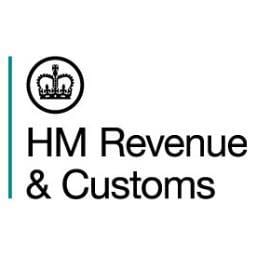Breathing room for landlords as Making Tax Digital pushed back to 2020
Landlords up and down the country will be steeling themselves for more change from 2020, when Making Tax Digital (MTD) becomes a requirement.
Thankfully, the transition to providing HMRC with quarterly updates and digital returns for small businesses and buy-to-let landlords, has been delayed until April 2020 at the earliest. Originally it was anticipated that these requirements would be introduced for April 2018.
The background to MTD can be traced back to former chancellor George Osborne’s 2015 Autumn Statement, when he announced plans to create a digitised tax system which would require the self-employed, small businesses and unincorporated landlords to maintain digital records and use software to update HMRC quarterly.
However, a number of concerns were raised over added financial costs and the additional time burden for landlords.
The National Landlords Association indicated that it felt the £10,000 income threshold for unincorporated property businesses should be raised and was concerned about the workability of the software and IT systems, suggesting that a longer transition period was required to help small businesses, the self-employed and landlords to prepare for the changes.
In July 2017, the Government responded by announcing that it was delaying the introduction of compulsory digital record keeping and quarterly reporting by small businesses (those with turnover which falls below the VAT threshold of £85,000) and landlords, for income tax purposes, until April 2020.
As a consequence, these individuals and organisations now have longer to familiarise themselves with what is expected of them and to identify the best software and processes for their circumstances.
Only those companies with a turnover exceeding £85,000 will be required to keep digital records from 2019, solely for the purpose of reporting VAT.
Otherwise, there are no impositions (although MTD is available to smaller businesses voluntarily) on businesses to keep digital records or to update HMRC each quarter in relation to any other tax, until at least April 2020.
“As VAT already requires quarterly returns, no business will need to provide information to HMRC more regularly during this initial phase than they do now. All businesses and landlords will have at least two years to adapt to the changes before being asked to keep digital records for other taxes,” Financial Secretary to the Treasury Mel Stride commented in July 2017.
“Businesses agree that digitising the tax system is the right direction of travel. However, many have been worried about the scope and pace of reforms. We have listened very carefully to their concerns and are making changes so that we can bring the tax system into the digital age in a way that is right for all businesses,” he added.
The new system, when it is finally introduced, will see buy-to-let landlords provided with a single digital account with HMRC. They will be expected to deliver quarterly updates of income and business expenditure online, either their own software or using software provided by HMRC.
The new system will enable landlords and small business to see how much tax they owe during the course of the year, instead of finding out only when a return has been filed at the end of the tax year.
This story is written by Andrew Turner, chief executive at buy-to-let mortgage broker Commercial Trust Limited.









